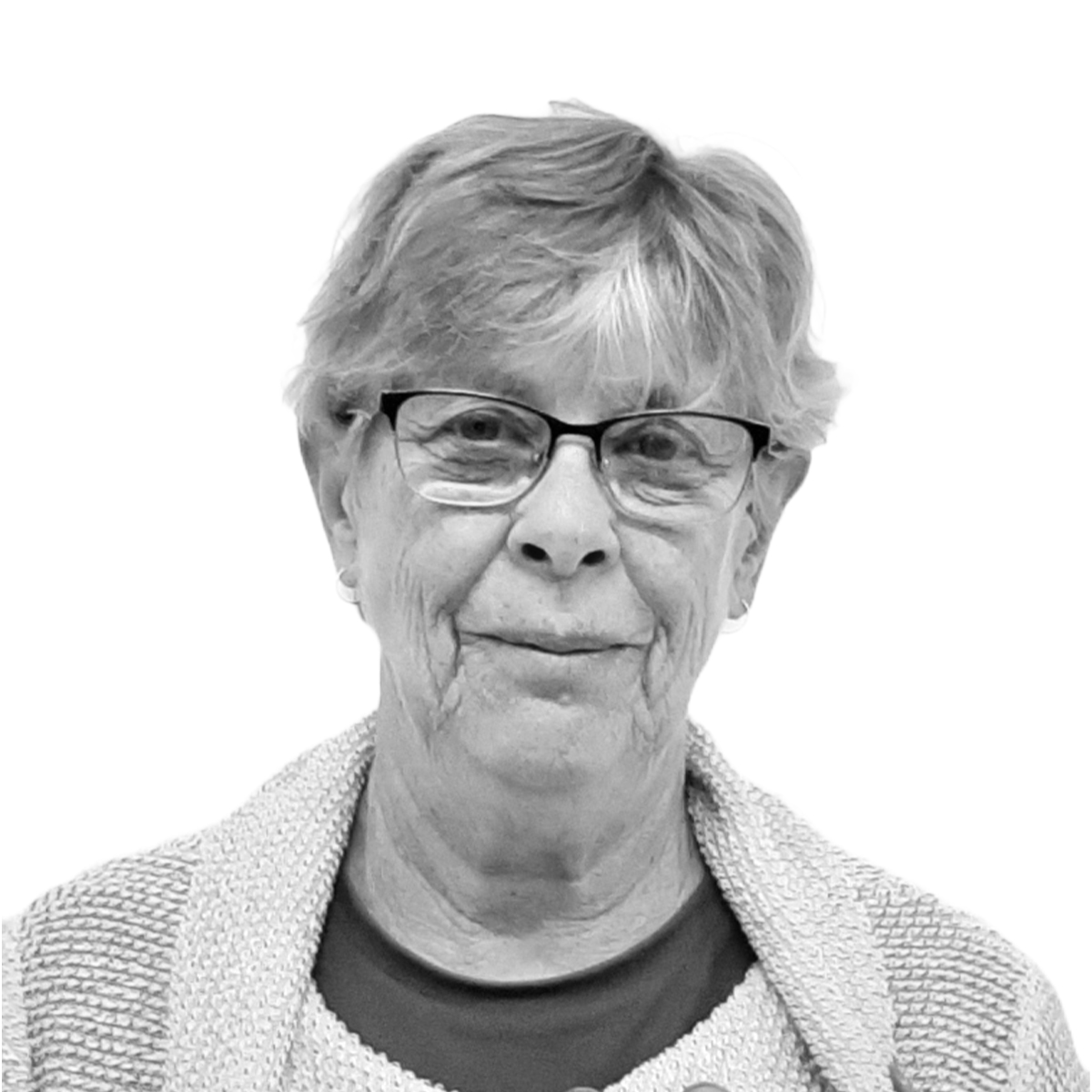about

What is Huntington’s Disease?
Huntington’s disease (often abbreviated “HD”) was first described in medical literature in 1872 by Dr George Huntington, a physician from Long Island, New York. The disease affects men and women alike, occurring throughout the world. The prevalence is about 7-10 per 100,000 in people of European ancestry, however it can be less or greater in other countries.
Huntington’s disease is a progressive neurological disease. As it is an inherited condition, there are often several people in a family with HD. Symptoms commonly begin between 35 and 50 years but can be earlier or later. It can begin in childhood but that is rarely seen in Australia.
Symptoms
Symptoms fall into 3 main categories: cognitive, motor and psychological:
- Cognitive symptoms include impaired judgement and difficulty thinking clearly.
- Motor symptoms include involuntary movements, also called chorea, named after a Greek word that means ‘dance’.
- Psychological symptoms include fluctuations in mood and emotional responses, depression and anxiety and other more serious problems.
The extent to which an individual experiences these symptoms varies considerably, even in members of the same family. In other words, each person with HD is unique and one size does not fit all.

Symptoms in more detail
Early symptoms may include subtle changes in coordination, perhaps some involuntary movements, difficulty thinking through problems and often a depressed or irritable mood. The person may be less able to carry out their work at their customary level.
With time, the involuntary movements may increase and make leisure and daily living activities such as showering and dressing more difficult. Neurologists (doctors who specialize in brain disorders) may prescribe medication to help reduce the movements. Occupational and physical therapists help with practical management of the motor disturbances and involuntary movements. Psychologists and psychiatrists help the person deal with changes in thinking and reasoning abilities and with emotional and behavioural issues. Medication for significant psychological difficulties can be prescribed. Diminished speech and difficulty swallowing may require help from a speech pathologist.
In due course, the risk of choking on food and drink can become a major concern. Chorea may become more severe or it may lessen or cease altogether. The person with HD loses the ability to eat, walk and speak and becomes dependent on others for their care. Importantly, he or she is still able to comprehend language and retains awareness of their family and friends and their surroundings. When a person with HD dies, it is typically from complications of the disease. Death often occurs 15-20 years after symptoms begin.
Frequently asked questions
Our Team

Lenni Duffield
Chief Executive Officer
NDIS Services

Abiha Asghar
Team Leader NDIS Services

Alison Burgess
NDIS Support Coordinator QLD

Arpita Thakkar
NDIS Support Coordinator WA

Christy Doan
NDIS Specialist Support Coordinator NSW

Irene Afman
NDIS Support Coordinator TAS

Janine Hall
NDIS Specialist Support Coordinator WA

Justine Amos
NDIS Support Coordinator NSW

Kate McNamara
NDIS Support Coordinator NSW

Malisha Fernando
NDIS Support Coordinator NSW

Trudy Hall
NDIS Support Coordinator SA
Community Programs

Alyse Goodwin
HD Specialist QLD

Lauren Ward
HD Specialist TAS

Maggie Speirs
HD Specialist WA

Michele Giles-Clark
HD Specialist SA

Monica Cazzolli
HD Specialist WA

Nerilee McKenzie
HD Specialist WA

Tressa Byrne
HD Specialist QLD
Finance & Coporate Services

Leah Atkinson
Head of Finance & Corporate Services

Elle Hayes
Administration Officer SA

Karen Ratcliffe
Executive Assistant & Administration Officer WA

Kylie Harrison
Administration Officer QLD

Lyn Tankey
HR Advisor

Mandy Ward
Administration Officer TAS

Rebecca Miles
Assistant Accountant

Stewart Swales
Administration Officer NSW
Business Development & Fundraising

Alison Weir
Head of Business Development & Fundraising

Cathy Holland
Fundraising & Events Coordinator

Gerry Lee
Grants Coordinator
Our constitution
Huntington’s Australia abides by a constitution of rules set out and voted upon by members and directors of the organisation. This important document guides the Association’s activities and focusses on a Board level and is fundamental to our operation and direction.

